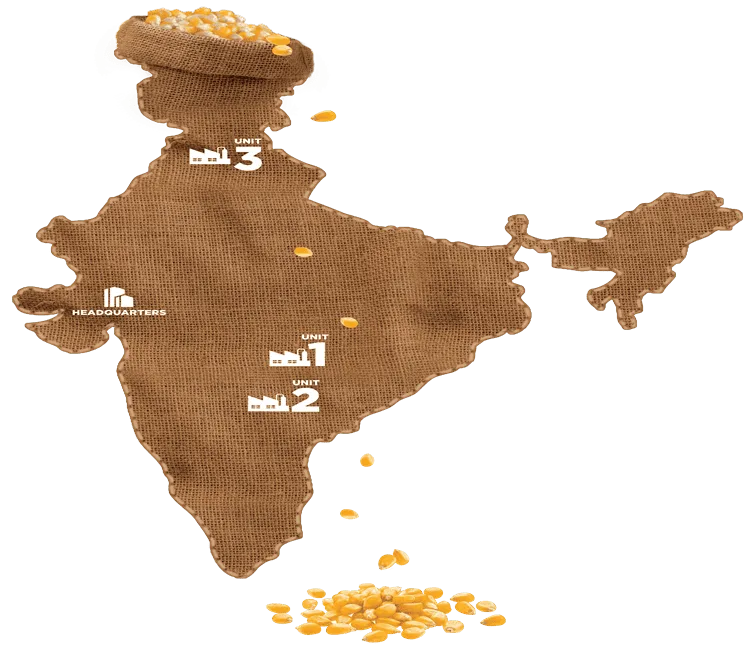


Stay updated with the latest news, events, and happenings from our Bluecraft Agro community.
At Bluecraft Agro, work is more than just a job, it's about growth, collaboration, and purpose. We foster a culture where innovation thrives, and every individual is empowered to make a meaningful impact. Our people drive our success, ensuring excellence in everything we do.
We believe in continuous learning and development, providing our employees with the resources, training, and support they need to excel. Teamwork, integrity, and a shared vision guide us in delivering high-quality solutions that shape the future of the agro-based industry.
Join us in building something bigger—where every effort counts, and every voice matters. At Bluecraft Agro, your journey is one of purpose and progress.









